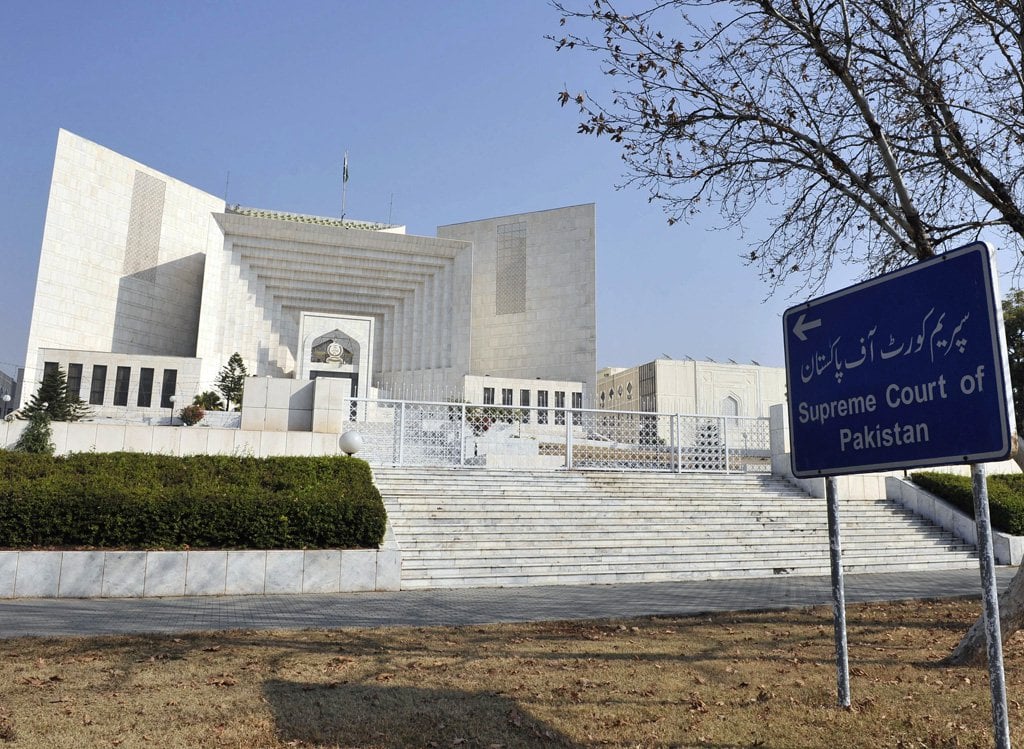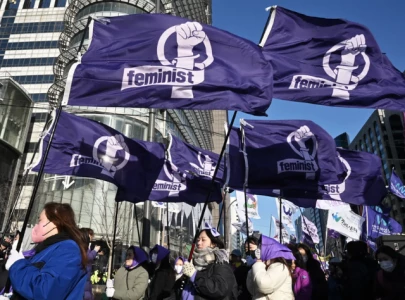
The three-judge special bench of the apex court led by Justice Mushir Alam and comprising Justice Faisal Arab and Justice Syed Mansoor Ali Shah adjourned the hearing of the case due to non-appearance of Khalid Anwar, leading counsel of the companies, which had challenged Peshawar High Court’s 2017 verdict.
Anwar was unwell and could not appear to plead the case.
The bench however made it clear that proceedings of the matter would be conducted on day-to-day basis from the next date of hearing (October 22). Likewise, no further adjournment would be granted to any lawyer.
Attorney General for Pakistan Anwar Mansoor Khan appeared on behalf of federal government. The AGP, however, told the bench that he would not be available for the next two weeks as he would be busy in the United States due to his official work.
Muhammad Waqar Rana, who successful won favour of federal government in PHC, appeared on behalf of SNGPL, on Thursday.
The government had approached the SC over the GIDC a day after it withdrew – amid harsh criticism by various circles – a presidential ordinance introduced in the last days of August to waive over Rs300 billion outstanding against a handful of industries and businesses.
While, withdrawing the ordinance, the prime minister had directed the AGP to move an application for an urgent hearing of the case in the Supreme Court of Pakistan, “so that the matter could be decided at the earliest in accordance with the law and the Constitution”.
A statement of the PM Office on Wednesday said the ordinance was issued with a view to recover 50% of the stuck revenue by way of an out-of-court settlement after consultation with the industry.
“However, in view of the recent controversy, the prime minister, in the interest of transparency and good governance, has decided to withdraw the ordinance,” it said.
The GIDC was levied in 2011 by the then federal government by enacting the GIDC Act 2011.
Its objective was to gather fund for different energy projects, including the Iran-Pakistan (IP) Gas Pipelines Project, Turkmenistan-Afghanistan-Pakistan-India (Tapi) Pipelines Project, LNG Import Project and LPG Supply Enhancement Project.
The GIDC was declared unconstitutional by the Peshawar High Court (PHC) on June 13, 2013, and the judgment was also upheld by the Supreme Court on Aug 22, 2014.
Later on, the Pakistan Muslim League-Nawaz (PML-N)-led government introduced a new legislation on the issue in 2015. It was also challenged in the PHC and the SHC.
In 2016, the SHC, while exercising civil suit jurisdiction declared the GIDC as ultra vires of the Constitution but in May 2017, the PHC held that GIDC was legal. Meanwhile, the aggrieved companies approached the SC against the PHC order.
In August, 2017, a three-judge bench of apex court led by former chief justice Mian Saqib Nisar took up the matter wherein renowned lawyer Khalid Anwar appeared before the court.
The SC granted leave to appeal against the PHC verdict. Despite passage of two years, the matter is still pending decision.

















COMMENTS
Comments are moderated and generally will be posted if they are on-topic and not abusive.
For more information, please see our Comments FAQ